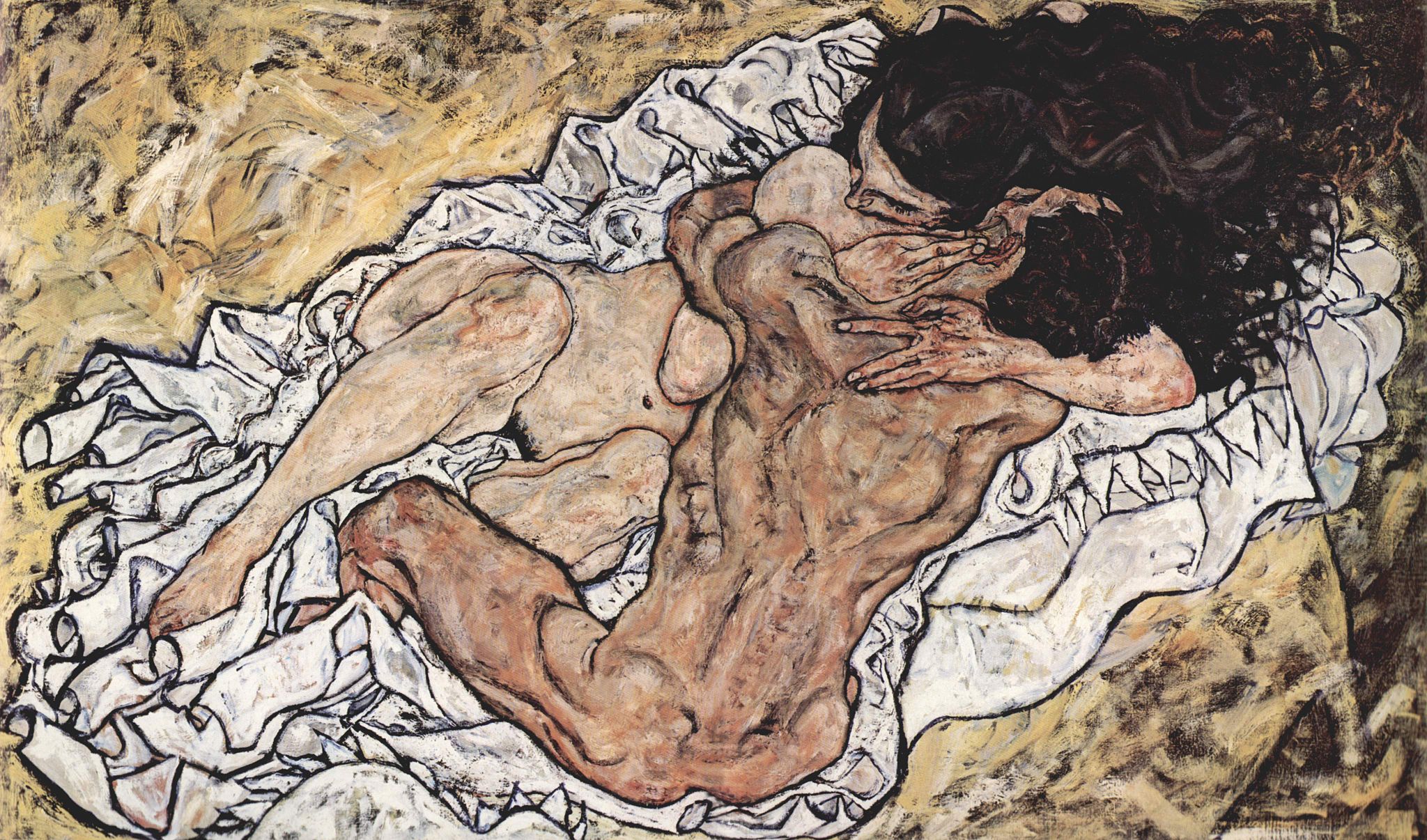
What determines how good or bad, treatable or untreatable, a mental illness is, has a whole lot to do with the subculture in which you function – your family, your friends, your doctor. Marcin Moskalewicz talks with Kenneth Paul Rosenberg, a psychiatrist and documentarian.
Kenneth Rosenberg’s latest documentary, Bedlam: An Intimate Journey Into America’s Mental Health, premiered this year at Sundance Film Festival. It received a standing ovation. The story boggles the mind. The biggest ‘mental health institutions’ in the US are currently prisons. 40 million Americans experience mental illness each year. 15 million suffer its severe types, and over 300,000 are homeless. Rosenberg claims that the most visible symptoms of mental illness in the US are troubles with the law and lack of shelter. It is America’s greatest secret. The state is to blame, Rosenberg says, for throughout the last half-century, it has continuously withdrawn financial support from mental health services, investing instead in prisons. Rosenberg knows what he is talking about. He is a practicing psychiatrist.
Rosenberg specializes in behavioural addictions. These are, perhaps, as old as the hills, but only recently have received due attention. What once seemed an innocent search for pleasure or entrainment is now regarded as destructive. As the 2014 book, Behavioral Addictions: Criteria, Evidence, and Treatment (co-edited by Rosenberg) shows, one can get addicted not only to gambling, computer games and Facebook, but also to shopping or love. The most potent drug, however, is sex.
In his Infidelity: Why Men and Women Cheat, published last year, Rosenberg argues that sex is a primordial and foundational addiction. It has a biological basis. The brains of those who compulsively search for sexual gratification require more dopamine than usual to reach the same pleasure effect. Should we then judge them differently for being unfaithful?
The average American teenager watches 50 porn clips a week, half of those in relationships and one in five marriages are adulterous. Men used to cheat more often, but now we have gender equality. In America, the land of excess consumption and a puritan lifestyle, sex is both a taboo and the most desired commodity.
Marcin Moskalewicz: Behavioural addictions are in fashion. All of a sudden, you can get addicted to anything: compulsive buying, tanning, Facebook, sex. How are these different from chemical dependencies?
Kenneth Rosenberg: Chemical addictions are addictions to substances. Behavioural addictions are addictions to behaviours. In the US, we call them process addictions. I was trained at Cornell Medical Center in New York by wonderful teachers on the faculty in the late 1980s. One was an addiction expert, Robert Millman, and the other was a sexual





